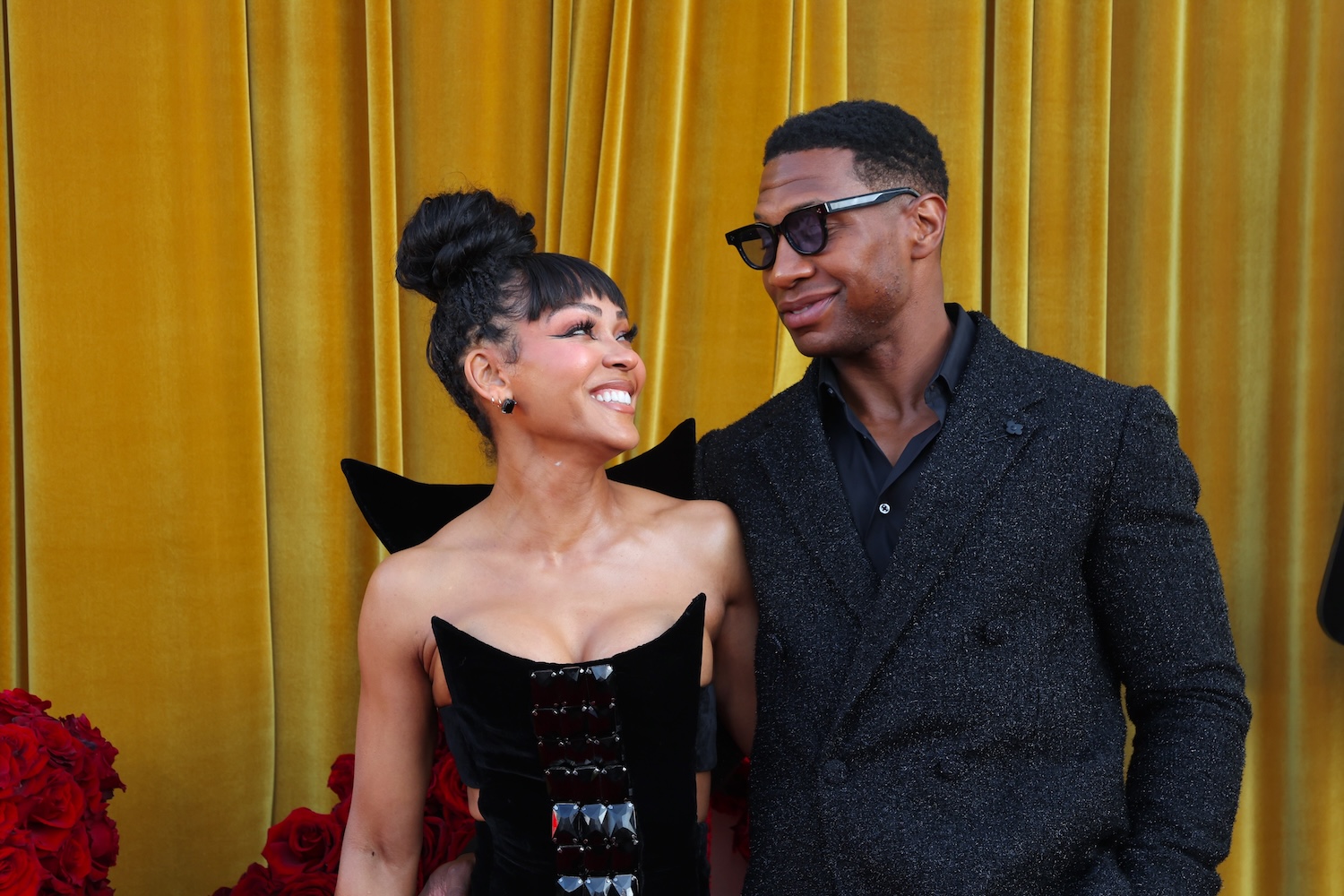The first thing you notice when traveling on the metro system in Paris, many of the stops are named after prominent artists, writers, and politicians. Charles De Gaulle, former president of France; Victor Hugo, a French poet and novelist; and even former U.S. President Franklin D. Roosevelt, to name a few.
With the construction of two new stations to extend a central metro line in Paris, a group of advocates known as Osez le féminisme (Dare to be a feminist), organized an online campaign earlier this year urging people to vote that the stations be named in honor of women. Their online campaign is in response to Paris officials asking for the public’s help in naming the new stations.
The six possible names include three males and three females, as reported in The Guardian.
The group posted on its Facebook Page, “Did you know that in Paris only four métro stations out of 303 make reference to a woman … You want to change that? So vote!”
One of the proposed names was in honor of American singer Nina Simone. The other names include French-singer Barbara, born Monique Andrée Serf, who died in 1997; and Lucie Aubrac, a member of the French Resistance who died in 2007.
Aubrac won the popular vote and the new metro station being built in the Bagneux area to extend Paris Metro’s Line 4 will be called Bagneux-Lucie Aubrac and is anticipated to open for service in 2021.
According to Dr. Monique Y. Wells, author and co-owner of Discover Paris!, if Simone were selected, she would have been the fifth person and the third woman of African descent for whom public transportation stations in the Paris area are named.
Here’s a list of the current stations named after people of African descent:
Alexandre Dumas
Alexandre Dumas is a celebrated French author best known for his historical adventure novels, including ‘The Three Musketeers’ and ‘The Count of Monte Cristo.’ He was the grandson of an enslaved Haitian woman named Marie-Césette Dumas.
Félix Eboué
Eboué was a black colonial administrator who reached the highest level of the French colonial administrative system. He played a crucial role in the adherence of French Equatorial Africa to Charles de Gaulle’s Free France in 1940.
Ella Fitzgerald
Dubbed “The First Lady of Song,” Ella Fitzgerald was the most popular female jazz singer in the United States for more than half a century. In her lifetime, she won 13 Grammy awards and sold over 40 million albums.
Rosa Parks
Rosa Parks was nationally recognized as the “mother of the modern day civil rights movement” in America after her refusal to surrender her seat to a white male passenger on a Montgomery, Alabama bus on December 1, 1955, triggered a wave of protest throughout the United States.





